Cats are known for their strong memory and their unique ability to remember people and things for a long time. As social creatures, cats form strong bonds with their owners, and studies have shown that they can recognize their owners' voices, scents, and even faces. In fact, research has suggested that cats can remember their owners even after being separated from them for years. So how long can a cat remember its owner? Let's dive into the fascinating world of feline memory to find out.
The general memory capacity of cats compared to other animals
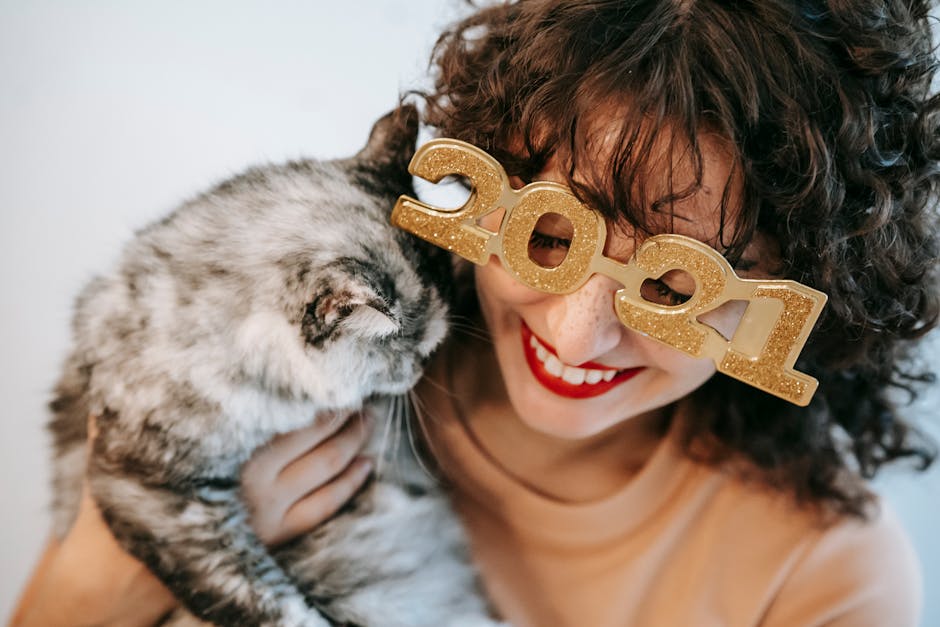
Cats have always been known for their exceptional memory and recognition skills. It has been observed that cats have an average memory capacity of up to 16 hours. This means they can remember their owners and fascinating incidents for at least one day. However, there have been cases where cats have been able to remember their owners even after years of separation. Additionally, research shows that cats have a memory that is similar to that of dogs, dolphins, and even chimpanzees.
It is believed that cats' ability to remember things is linked to their hunting instincts. In the wild, cats need to remember the location of their prey and the escape routes to catch them. This explains why cats can remember tiny details, such as the sound of their owner's footsteps or even the smell of their perfume.
Overall, cats have a remarkable memory, and they can remember their owners for a short or long period, depending on the circumstances. Regardless, it is undeniable that cats form strong bonds with their owners that can last a lifetime.
The individual variations in cats' ability to remember

Cats are known for their sharp memory, and there are studies that suggest they can recall events and people from their past. However, it's important to note that each cat has their unique ability when it comes to memory retention. Some felines can remember their owners even after years of separation, while others may struggle with recognizing their owners if they haven't seen them for a few weeks.
One reason behind this variation is genetics. Research has shown that some breeds have better memory retention than others. For instance, Siamese cats have been found to have a better working memory compared to Persian cats.
Another factor that affects memory is the cat's age. Younger cats have a better memory compared to older ones. However, it's worth mentioning that age-related memory decline is more prevalent in humans than in cats.
Additionally, the quality of the bond between the cat and their owner can impact how well they remember them. If a cat's owner provides them with affection and attention, it's more likely that the cat will remember them. Similarly, if a cat has had a negative experience with their owner, they may struggle to recognize them.
In conclusion, cats' ability to remember their owners depends on factors such as genetics, age, and the quality of the bond they share with their owner. Some cats may have a better memory than others, but it's evident that felines can retain memories of their past experiences and people.
The duration of a cat's recognition of its owner during visual contact
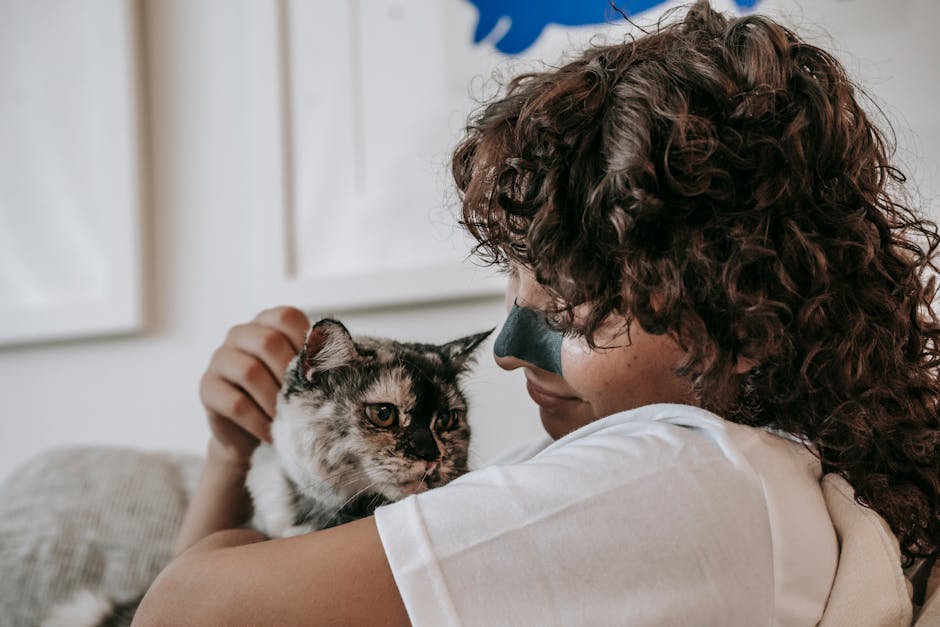
Research shows that cats have a remarkable ability to recognize their owners through visual cues. Typically, a cat will recognize its owner as long as there is visual contact. This means that if you are looking directly at your cat, your cat can recognize you as its owner and will often respond accordingly.
In fact, studies indicate that cats may be able to recognize their owners' faces as well as their voices. This reinforces the strong bond between cats and their owners, demonstrating that cats are capable of forming deep and meaningful relationships with humans.
While the exact duration of a cat's recognition of its owner during visual contact may vary from cat to cat, the general consensus is that cats have a long-term memory and can remember their owners for extended periods of time. So, if you've ever wondered how long your cat can remember you, rest assured that as long as there is visual contact, your cat will recognize you as its owner.
The factors that influence a cat's memory retention (familiarity, emotional bond, positive or negative reinforcement etc.)
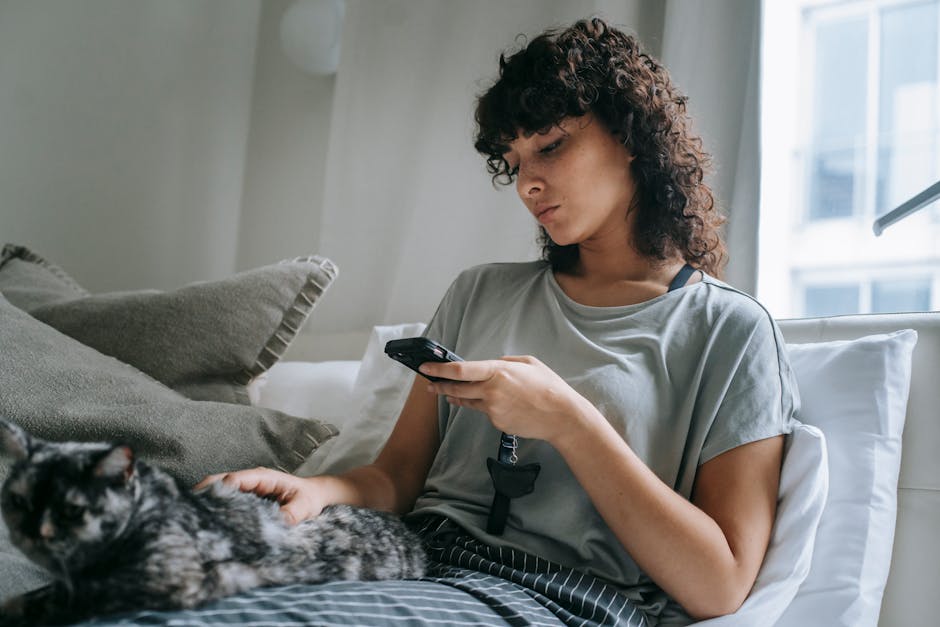
A cat's memory retention depends on various factors. Familiarity is one of the essential elements that influence a cat's ability to remember its owner. If the cat has spent a lot of time with its owner, it becomes familiar with their scent, voice, and body language. This familiarity makes it easier for the cat to recognize and remember their owner.
Emotional attachment also plays a vital role in a cat's memory retention. If the cat has an emotional bond with its owner, it is more likely to remember them for a longer time. Positive experiences with their owner, such as playing and cuddling, can help to strengthen this bond.
Negative reinforcement, such as physical punishment or shouting, can also impact a cat's memory retention negatively. Cats may tend to forget negative experiences in order to avoid stress and fear.
In addition to these factors, a cat’s breed, age, and overall health can also affect their memory retention. Some cat breeds are more intelligent and have a better memory than others. Similarly, older cats may experience cognitive decline that affects their memory.
In conclusion, a cat's ability to remember its owner is based on various factors, including familiarity, emotional bond, positive or negative reinforcement, breed, age, and overall health. By understanding these influences, cat owners can create positive experiences and strengthen their relationship with their furry friend.
The role of scent in the cat's ability to remember its human
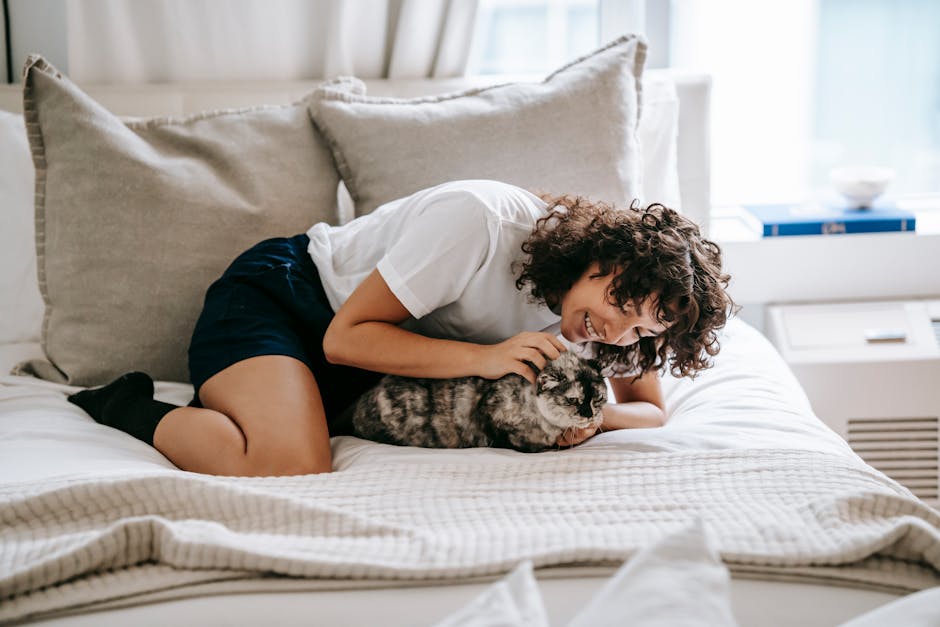
Just like dogs, cats heavily rely on their sense of smell to navigate their surroundings and remember familiar faces and scents. In fact, a cat's sense of smell is up to 14 times stronger than that of humans. This means that they can easily pick up scents on objects and people, including their owners.
Cats use their sense of smell to recognize their owners' scent and associate it with positive experiences such as food, playtime, and cuddles. When a cat spends a lot of time around its human, their scent becomes ingrained in the cat's memory. This means that the cat can remember its owner even if they are apart for a long time.
Interestingly, cats have scent glands in their paws, cheeks, tail, and forehead, which they use to mark their territory and objects. This is why you might see your cat rubbing its head on your furniture or pawing at their favorite toy. By marking their environment with their scent, cats create a comfortable, familiar space that they can easily remember.
Overall, a cat's ability to remember its human depends on the strength of their bond and the frequency of their interactions. By spending quality time with your cat, you can strengthen your bond and ensure that your cat remembers you for years to come.
The effect of absence on a cat's memory of its owner
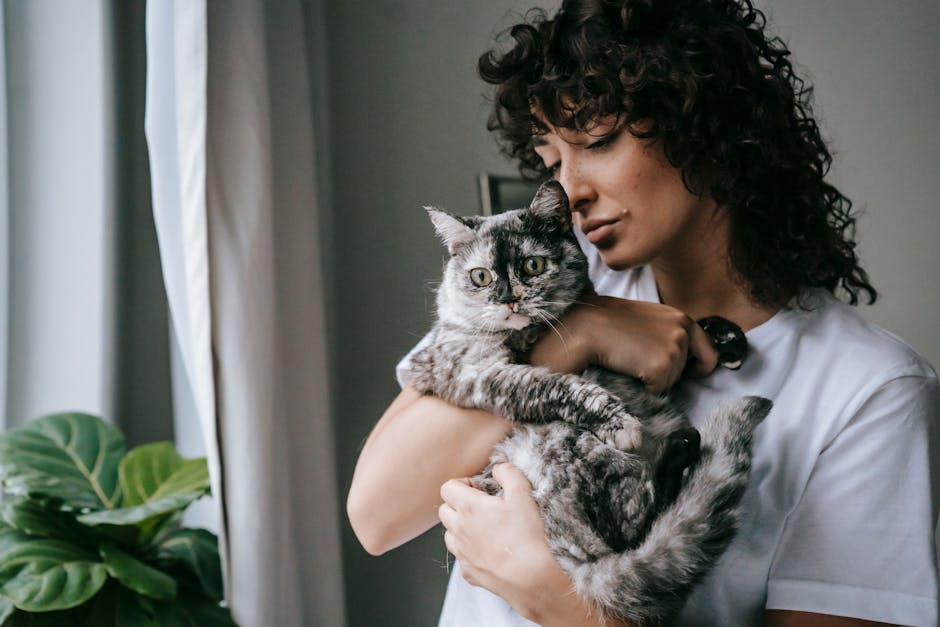
Cats are known for their ability to form strong bonds with their owners. However, what happens to that bond when the owner is absent for a long period of time? Studies have shown that a cat's memory of its owner can vary depending on the length of their absence.
For short periods of time, such as a day or two, most cats will remember their owner. They may greet them enthusiastically upon their return and show signs of recognition. However, if the absence is longer, such as several weeks or months, the cat's memory may start to fade.
During extended absences, a cat may start to forget aspects of its owner, such as their scent and voice. This can lead to confusion and anxiety when the owner eventually returns. To combat this, it's important to maintain some level of contact during the absence. This could include leaving an article of clothing with the owner's scent on it, or arranging for a familiar caregiver to visit and care for the cat.
In conclusion, while a cat's memory of its owner is strong, extended absences can start to erode that memory. By maintaining some form of contact and familiarity during the absence, owners can help ensure that their cat's memory remains intact upon their return.
Tips for maintaining a strong bond with your cat to aid memory retention
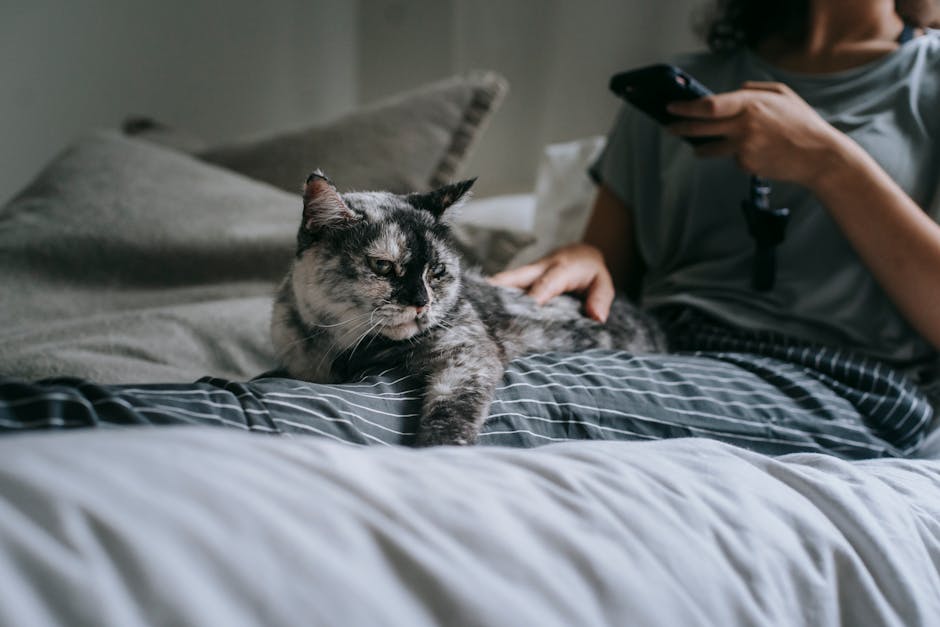
Maintaining a strong bond with your cat is very important for memory retention. Here are some tips to help you strengthen your bond with your feline friend:
1. Spend quality time with your cat. This could include playing, grooming, or simply cuddling with your cat.
2. Provide a comfortable and secure environment for your cat. A secure and comfortable environment will help your cat feel at home and happy.
3. Offer treats and positive reinforcement. Positive reinforcement helps your cat remember good experiences and will encourage them to remember you.
4. Use your cat's name frequently. By using your cat's name when you talk to them, they will start to associate their name with you, helping them remember you.
5. Make sure your cat gets plenty of exercise. Exercise is important for both physical and mental health, and will give your cat a positive association with you as they will enjoy activities with you.
By following these tips, you can maintain a strong bond with your cat and help aid their memory retention of you as their owner.
Conclusion and summary of key points

In conclusion, cats have impressive long-term memory and can remember their owners even after being separated from them for years. Research has shown that a cat's memory can last up to ten years or more, allowing them to remember people, places, and even other pets. However, a cat's memory can be affected by various factors, such as their age, the strength of the emotional connection, and the duration of time spent apart.
If you're planning to leave your cat behind for some time, it's essential to ensure that they have someone to take care of them and provide them with the love and attention they need. By doing so, you can give them a better chance of retaining their memories of you. And when you return, your cat will be thrilled to welcome you back with a purr and a snuggle.




